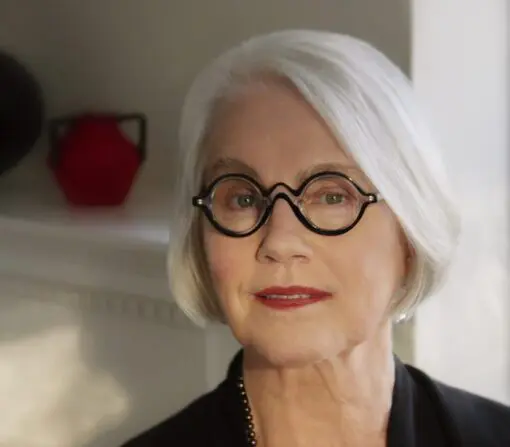
Rosemarie Garland-Thomson
PhD
Senior Advisor
Rosemarie Garland-Thomson is a disability justice and culture thought leader, bioethicist, educator, and humanities scholar. She consults on many academic and bioethics projects, gives frequent lectures, presentations, and media interviews, publishes in a range of media, and participates in a wide range of web events. Her 2016 op-ed, “Becoming Disabled,” was the inaugural article in the ongoing weekly series in the New York Times about disability by people living with disabilities.
As a bioethicist, she is a Hastings Center fellow and senior advisor, and she publishes frequently in academic journals. She is currently chief project advisor to The Art of Flourishing: Conversations on Disability and Technology, a Hastings Center project supported by the National Endowment for the Humanities.
As a humanist, she is currently a National Endowment for the Humanities Public Scholar. She is co-editor of About Us: Essays from the New York Times about Disability by People with Disabilities (2019) and the author of Staring: How We Look and several other books.
She is professor emerita of English at Emory University, where taught disability studies, bioethics, American literature and culture, and feminist theory. Her academic and scholarly work develops the field of critical disability studies and the health humanities to bring forward disability culture, access, and justice to a broad range of institutions and communities. Her website is: https://www.rosemariegarlandthomson.com/.
